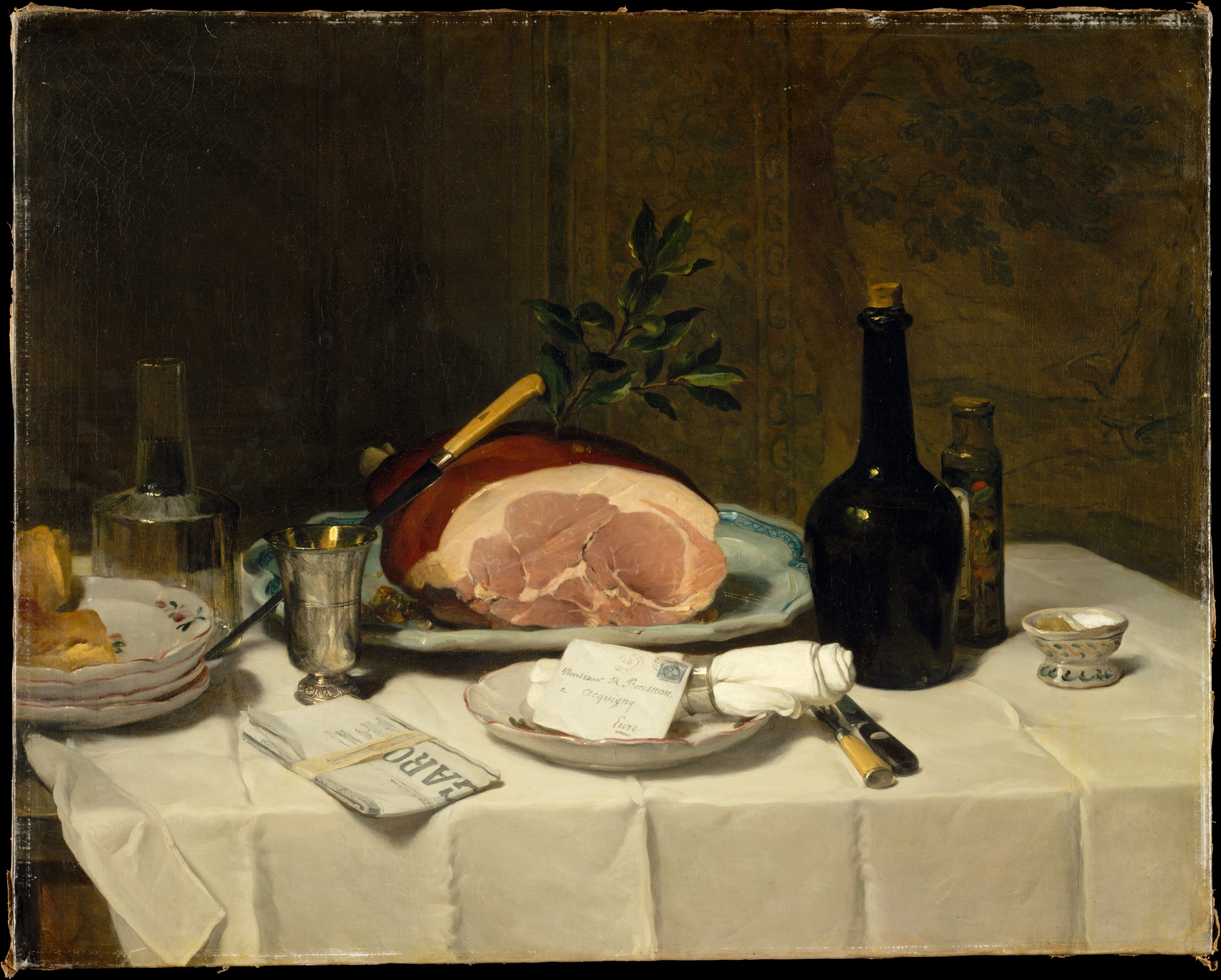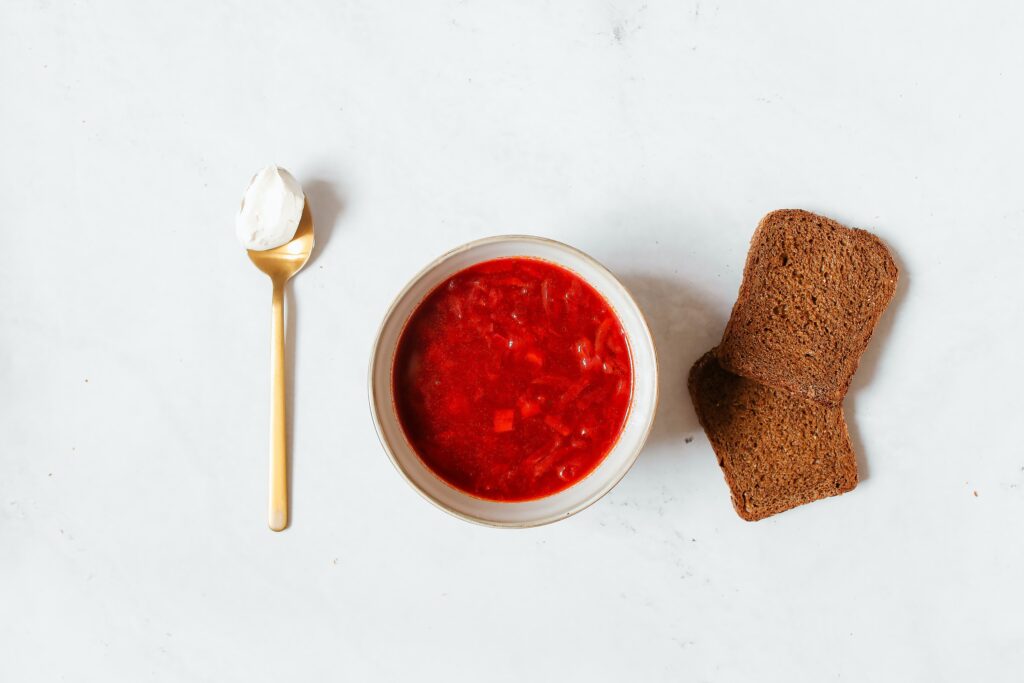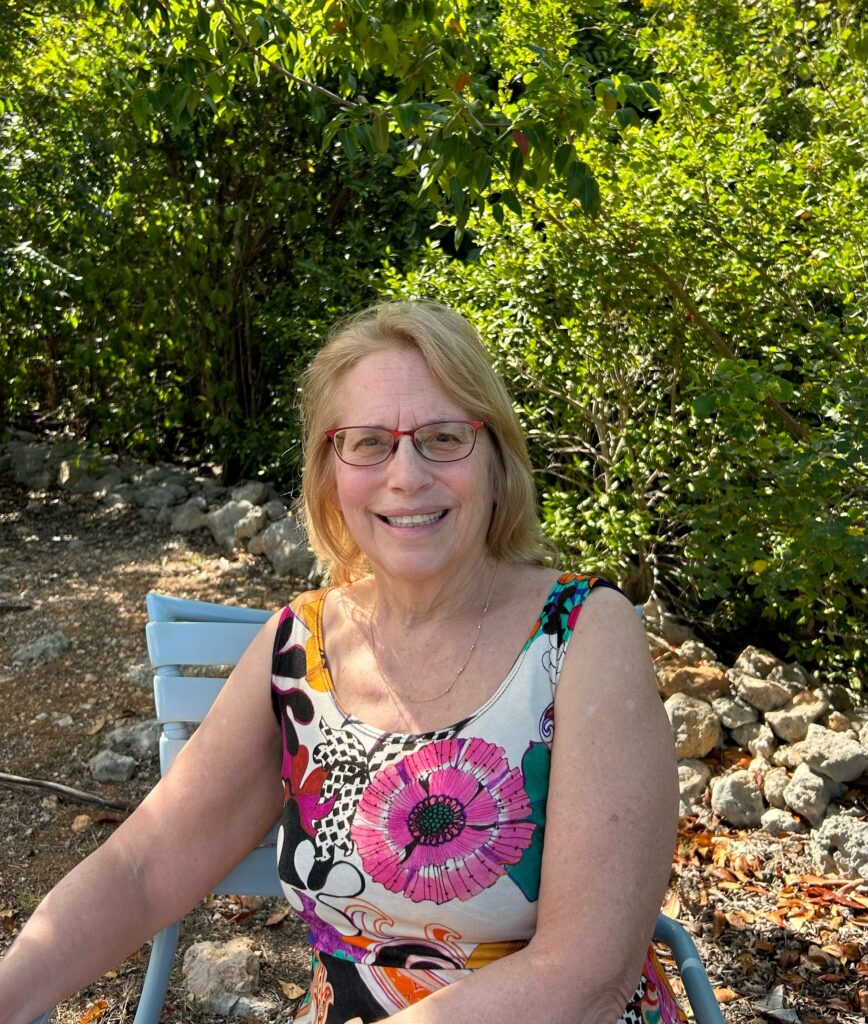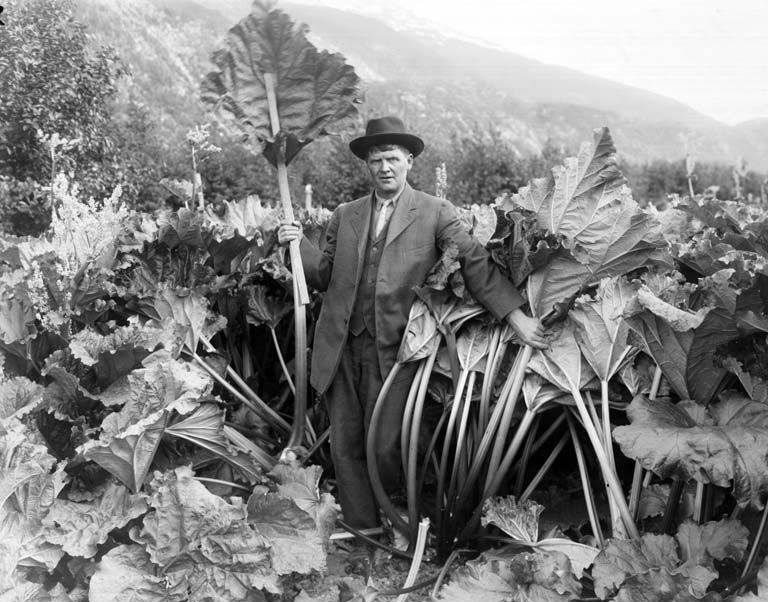Salad forks scrape
across scalloped plates
from a window I watch
them serve the main course:
duck au confit
avec herbs de provence
satin dresses & designer suits
each face same choreography:
chew, dab, smile, laugh, chew
I eat a stale peanut granola bar
and turn back into the wind
naked limbs of winter
stretch towards me
while indoors they pop
Moët & Chandon
for one moment my eyes meet
another’s: gentle brown,
they might have been hers
but the mouth is rigid,
a life in training to live
in opulence without
ever understanding
its decadence
and by the time I glance back
she is lost on the ballroom floor

Erin Jamieson (she/her) holds an MFA in Creative Writing from Miami University. Her writing has been published in over eighty literary magazines, including a Pushcart Prize nomination. She is the author of a poetry collection (Clothesline, 2023) and four poetry chapbooks. Her latest poetry chapbook, Fairytales, was published by Bottle Cap Press. Her debut novel will be published by Type Eighteen Books (November 2023).


















